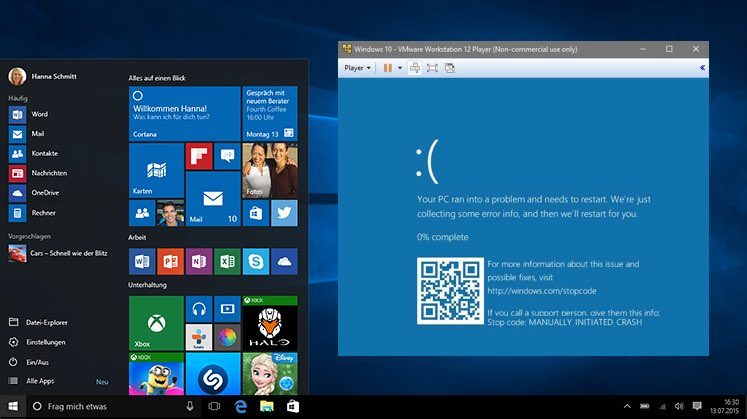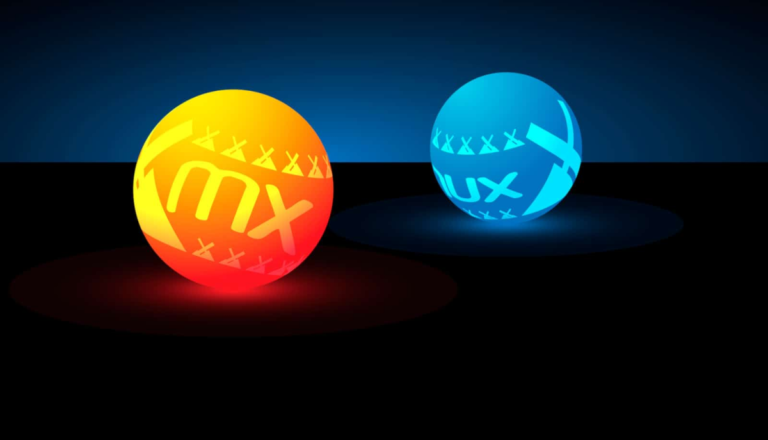Developer Shuts Down His App After Claiming Microsoft Copied It

Microsoft revealed the new open source Windows Package Manager utility WinGet in all its glory at the Build 2020 virtual event. Maybe, the company wanted to take Windows users closer to the command line experience.
However, the WinGet utility may have some connection with an already existing third-party open-source package manager called AppGet, which does the same thing. Canada-based Keivan Beigi, who developed AppGet, revealed that the new Windows Package Manager is heavily inspired by his creation.
He explained in a Medium post, how the two command-line utilities share similarities. Beigi wrote a detailed account of how a high-level Microsoft manager contacted him in July last year, invited him for an interview, and then he never heard back from the company after their last meeting in December.
The initial picture was that Beigi would join Microsoft, take the AppGet Windows package manager along, and help the company turn it into something of its own. But none of that happened, and he didn’t get any follow-up in the coming months.
Beigi said he was shocked to receive a heads up from Microsoft just a day before the WinGet packager manager was announced. His package manager was given a shout out in the official blog post as a compensation.
Proper credits are due
Beigi was surprised to see “how the core mechanics, terminology, the manifest format and structure, even the package repository’s folder structure, are very inspired by AppGet.”
“WinGet works pretty much identical to the way AppGet works,” he said. Beigi has no problem with anyone copying or getting inspiration from his code, and he isn’t referring to the general concept of package managers either, as many of them already exist.
But what bugs him is that Microsoft didn’t give proper credits to him.
“I’m not even upset they copied me. To me, that’s a validation of how sound my idea was. What upsets me is how no credit was given.”
AppGet is shutting down
The developer has announced that AppGet would shutdown on August 1, 2020, and will be in maintenance mode until then. Beigi said he won’t be able to grow at the rate at which Microsoft can. Still, Windows users have got a native package manager that should have been added years ago.
When asked for a response, Microsoft told The Verge that they “regret to hear about this candidate’s experience and are reviewing the circumstances internally.”
Beigi isn’t the first developer to come up with such an issue. According to Paul Stovell, an Australian developer, if Microsoft launches an open-source product that competes with existing ones, chances are quite less that the company didn’t know about the alternatives or didn’t do extensive research.
Anyway, right now, we only know one side of the story. Still, it could be an example of how big companies either purchase their rival’s and small developers’ creations or reverse engineer it.
Sherlocking is a term used for Apple where the company bakes popular third-party features into its own products, including iOS, and macOS. Also, what could be a bigger example than Facebook and Snapchat? Maybe, you ended up here after swiping up on an Instagram story.






